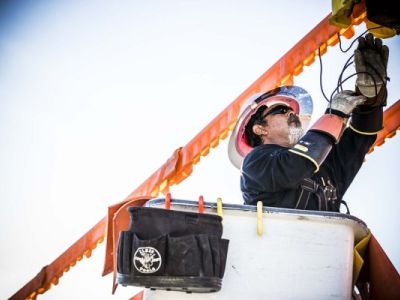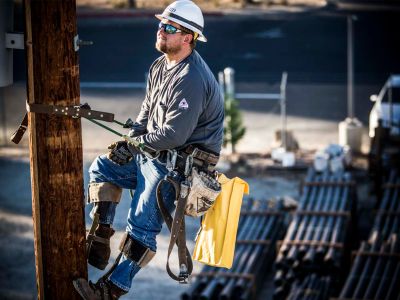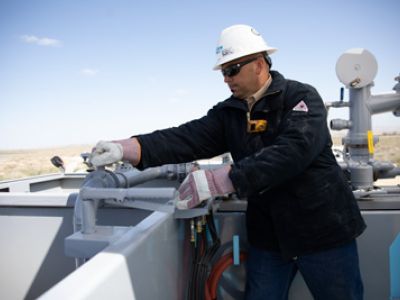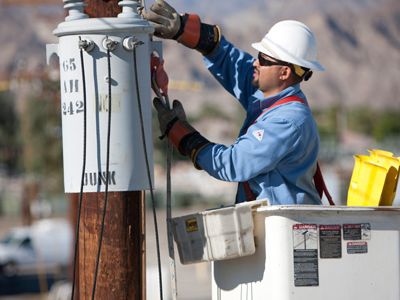Derek Sang, CSHEP, QSSP

Derek Sang, CSHEP, QSSP

Optimizing Arc Flash Protection: The Crucial Role of Layered Clothing
Given the arc flash hazards and other risks that exist in electric utility work environments, an employer’s commitment to employee safety must never falter. It is essential for workers to wear personal protective equipment in these environments; in particular, prior to exposure, workers must don flame-resistant (FR) or arc-rated (AR) garments that meet or exceed […]

Using Flame-Resistant and Arc-Rated Clothing to Mitigate Cold Stress
Workers in the electric utility industry face various hazards, and in cooler climates, this includes potential cold stress. Cold stress occurs when the skin’s temperature drops, lowering internal body temperature and inhibiting the body’s ability to warm itself. If unchecked, exposure to cold can lead to several medical conditions, including trench foot, chilblains, frostbite and […]

Mitigating Heat and Cold Stress with FR/AR Clothing
Within the utility industry, employers have long looked to flame-resistant (FR) and arc-rated (AR) garments to help protect workers from injury due to flash fire and arc flash. Because these garments are designed using specially engineered, self-extinguishing fabrics and are certified to rigorous testing standards, they can help prevent or lessen the severity of injury. […]

Mother Nature vs. FR/AR Clothing
The company I work for receives a lot of questions about flame-resistant (FR) and arc-rated (AR) clothing, including inquiries about what should be worn on extremely hot summer days and very cold winter days. We’re always happy to answer those questions because it’s our business and – in the electric utility industry – donning FR/AR […]

Understanding, Selecting and Caring for FR/AR Clothing
When the original version of the OSHA 29 CFR 1910.269 standard was published in the 1990s, flame-resistant (FR) and arc-rated (AR) clothing weren’t even mentioned. The dangers associated with electric arcs were known at the time, but the standard only required that an employer not allow an employee to wear clothing that, when exposed to […]

How to Navigate the FR Clothing Marketplace
When the original version of the OSHA 1910.269 standard was published, flame-resistant (FR) clothing wasn’t even mentioned. The dangers associated with electric arcs were known, but the standard only required that an employer not allow an employee to wear clothing that, when exposed to flames or electric arcs, could increase the extent of injury sustained […]

